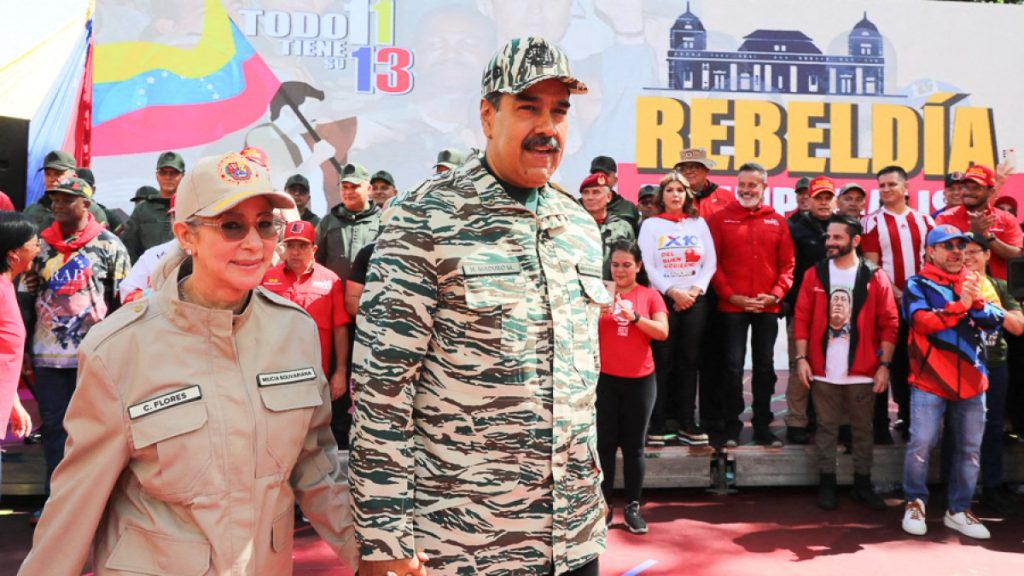The United States is reimposing sanctions on Venezuela’s oil sector ahead of elections in July due to the government’s failure to adhere to democratic principles. The move comes after the expiration of a license that partially eased punitive measures following an election deal between the government and the opposition in Barbados. However, the US Department of State spokesperson Matthew Miller stated that President Nicolas Maduro and his representatives have not fully met their commitments under the agreement, leading to the decision not to renew the license authorizing oil and gas transactions with Venezuela.
The reimposition of sanctions is expected to have a significant impact on Venezuela’s economy, particularly on fuel sales. US oil companies operating in Venezuela will now need special authorizations to continue their operations. If enough individual authorizations are not granted, Venezuela’s state-owned oil company PDVSA may resort to selling oil through intermediaries at discounted prices, mainly to Asia. Venezuela’s Petroleum Minister Pedro Tellechea expressed willingness to continue business with foreign companies despite the sanctions, highlighting the country’s readiness to contribute to global oil market stability.
The US sanctions also present economic risks for President Joe Biden, particularly as he seeks re-election. The measures could result in a spike in domestic oil prices or pressure from Venezuela leveraging its migration policy, including the threat to cancel repatriation flights for Venezuelan migrants in the US. The collapse of the October 2023 agreement, which saw Maduro’s main challenger Maria Corina Machado disqualified by state institutions loyal to the government, has further complicated the political situation in the country. Machado described the sanctions as a response to a “brutal wave of repression” by the Maduro government.
Throughout his 11-year tenure, Maduro has faced sanctions, economic collapse, and allegations of repression, but has retained power with support from a political patronage system, the military, and allies such as Cuba, Russia, and China. The 2018 elections, which were boycotted by the opposition and rejected by dozens of countries, saw Maduro declared the winner. Despite international pressure and sanctions, efforts to dislodge Maduro from power have been unsuccessful. The situation in Venezuela remains complex, with ongoing political challenges, economic hardships, and diplomatic tensions with the US.
The reimposition of sanctions on Venezuela’s oil sector by the US highlights the ongoing political and economic turmoil in the country. The failure of the government to adhere to democratic principles and fulfill commitments made in the electoral agreement has led to heightened tensions with the US. The impact of the sanctions on Venezuela’s economy, fuel sales, and foreign companies operating in the country will have wide-reaching implications. President Biden faces potential economic blowback and challenges as he navigates the situation in Venezuela while balancing domestic concerns and international relationships. The future of Venezuela’s political landscape remains uncertain, with the Maduro government facing increased pressure from both internal and external forces.


